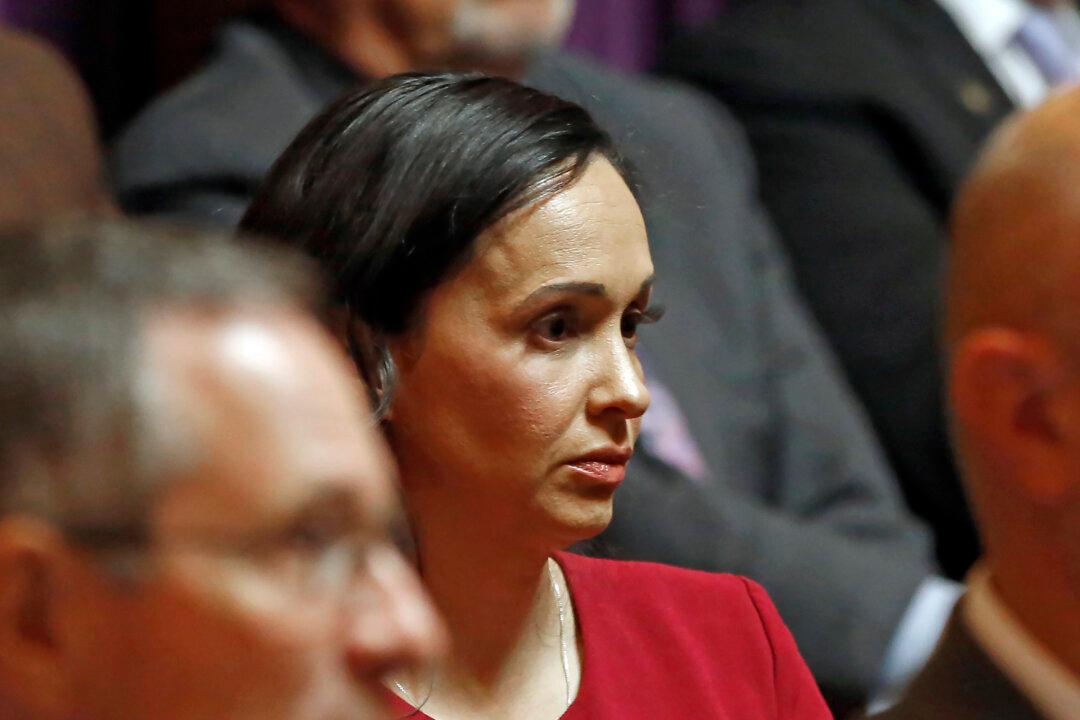ANAHEIM, Calif.—A political firestorm over alleged pay-to-play politics at the recent California Republican Party Convention has burned some candidates who have claimed that party leadership used proxy votes to favor establishment candidates for endorsements.
After the reelection campaign for state Sen. Brian Dahle’s wife, Assemblywoman Megan Dahle, gave a $40,500 donation to the Republican Party on April 22, the first day of the weekend-long convention, gubernatorial candidate Jenny Rae Le Roux made the pay-to-play allegation in a text message sent out to Republican delegates that was later leaked on social media.





